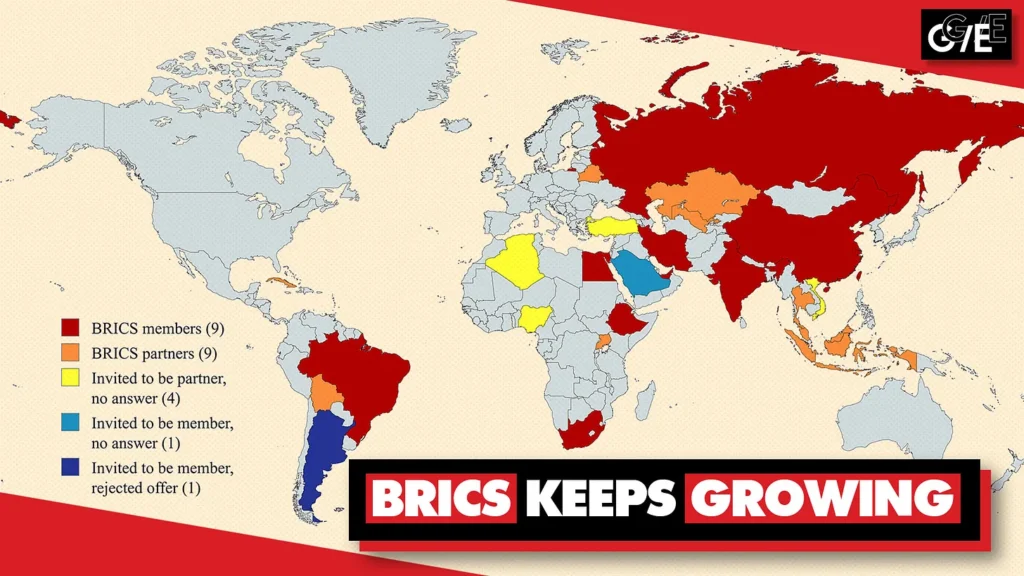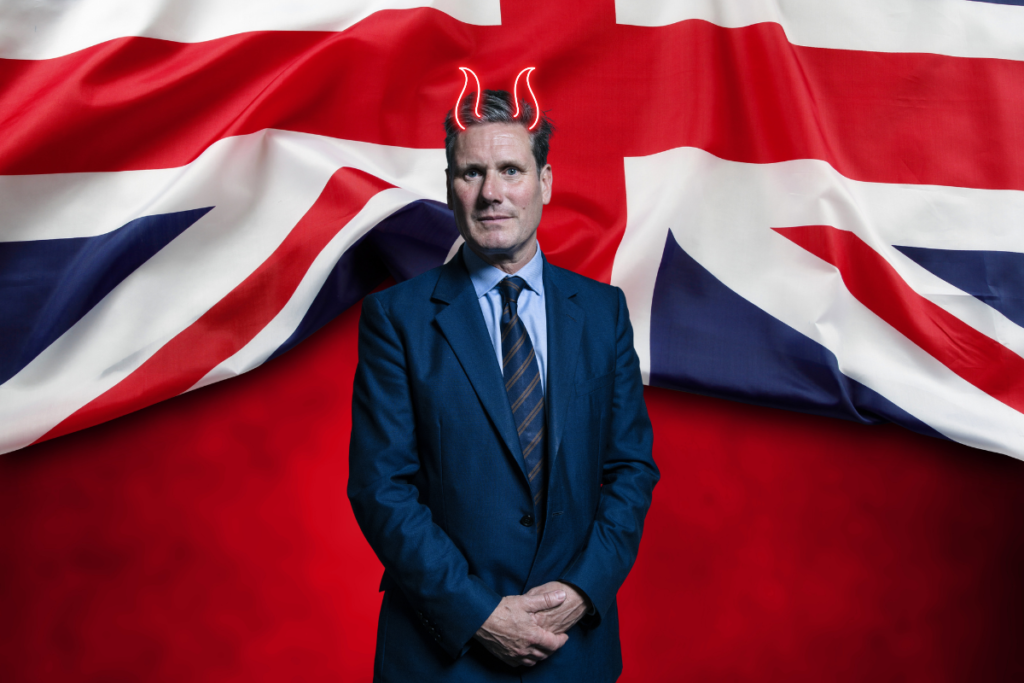Is the European Union leveraging public funds to promote democratic engagement or to cultivate a media ecosystem aligned with its political interests? With nearly €1 billion in taxpayer money directed toward media projects over the past decade, the scale and structure of EU funding raises critical questions about editorial independence and institutional neutrality. Can media outlets maintain objectivity when their survival increasingly depends on EU grants?
At what point does public information become political messaging? The European Commission’s IMREG initiative purports to raise awareness about cohesion policies, yet its explicit goal is to “increase support” for the EU. When funding is contingent on promoting the perceived benefits of specific policies, is this transparency or a well-financed exercise in strategic narrative control?
Can fact-checking retain credibility when it’s institutionally funded? The European Digital Media Observatory (EDMO), backed with over €27 million, plays a prominent role in combating disinformation. But when the same body that flags misinformation is also paying media outlets to promote EU narratives, does this not create a fundamental conflict of interest? Is the label of “disinformation” being selectively applied to suppress legitimate criticism?
Does the EU’s push for “common journalistic standards” risk homogenizing political discourse across the continent? The European Newsroom initiative, based in Brussels and staffed by EU-trained journalists, aims to streamline EU-focused coverage across national media. While couched in the language of cooperation, does this centralization of narrative production inadvertently erode the diversity of perspectives essential to democratic debate?
Why do EU-funded investigations so rarely focus on the EU itself? A free press should hold power accountable yet a review of EU-backed journalism reveals a disproportionate focus on foreign adversaries and nationalist movements. Are media outlets, consciously or not, being steered away from scrutinizing the very institutions that finance them?
And finally, are we witnessing the emergence of a new media class one structurally dependent on EU patronage and incentivized to align with its worldview? As traditional revenue models collapse and media organizations increasingly turn to public funding, the implications for journalistic integrity and democratic accountability are profound. Is the EU supporting pluralism, or engineering consent through financial leverage?



